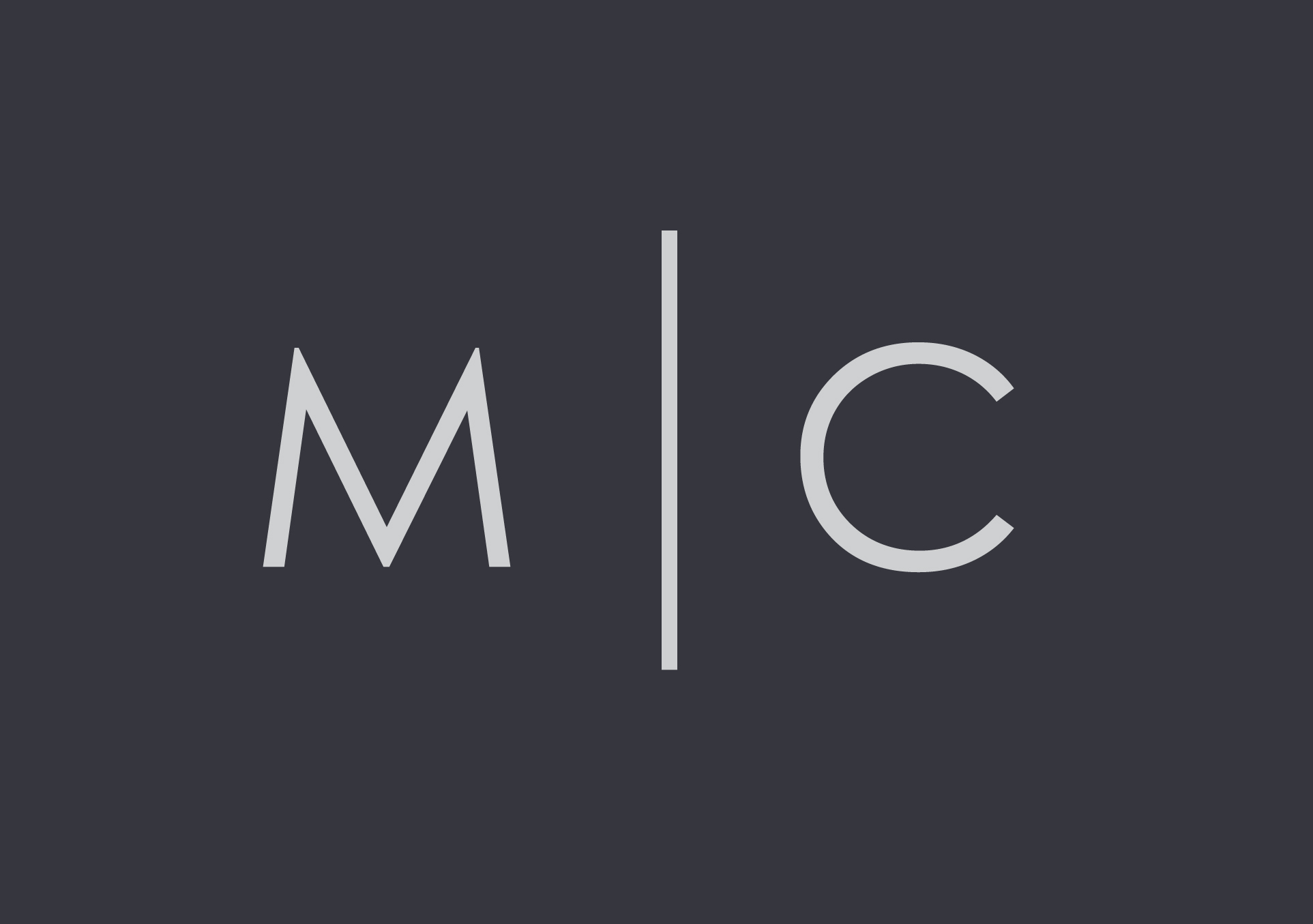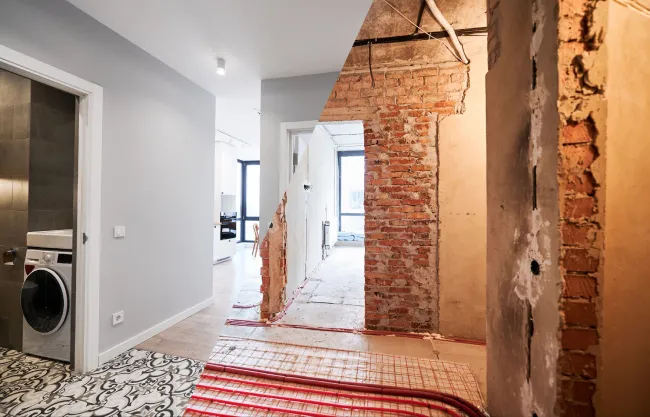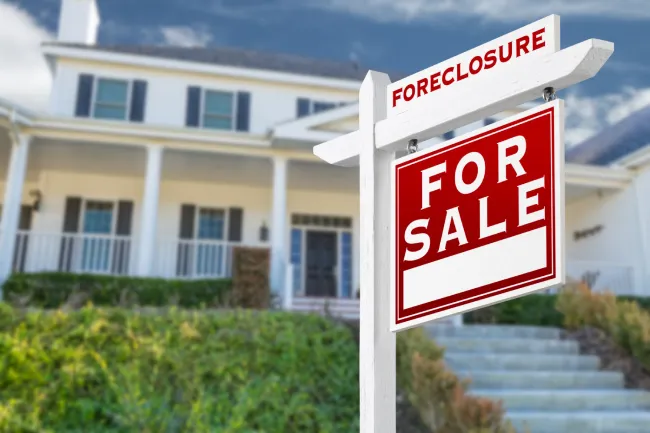For house flippers, cash is king. Some real estate investors with deep pockets can flip houses without taking out a loan. For newer house flippers and smaller investors, however, borrowing money is critical. Are you wondering how to get a loan to flip a house? How affordable are the loans, and do you qualify? There are numerous financing options available. Each has different benefits with varying terms and requirements. With a thorough understanding of your options, you can discover the best way to finance your next project.
How Much Money Do You Need?
Before learning about the types of loans available for fix and flip projects, you should analyze how much money you need. The total project cost includes the purchase price and closing costs. There are renovation costs. These include both labor and materials. Carrying costs should be factored in as well. These are the financing fees and interest on the loan. Utilities, HOA fees and other expenses will be incurred and should be included in your cost estimate. In addition, your exit strategy comes with sales and marketing costs. Itemizing the expenses across every stage of your project is an important step which will help you avoid running out of funds in the middle of the project.
How to finance your fix and flip projects
- Fix and Flip Loan
Macoy Capital offers fix and flip loans, which are short-term loans that are exclusively available to house flippers. The down payment requirement is lower than with other types of loans available to house flippers. The loan amount is based on the sales price as well as the renovation costs, making this financing well-suited for investors with minimal cash available. Like other short-term loans, fix and flip loans have higher interest rates than conventional financing options.
- Hard Money Loan
When you look at how to get money to flip a house, hard money financing is a solid option. Hard money loans are often used for fix and flip projects by both new and experienced real estate investors. Generally, these loans have short terms and high interest rates. Hard money loans are best for flippers who intend to renovate and sell quickly. A hard money loan has high carrying costs, so you should have an exit strategy before applying.
- Bridge Loan
A bridge loan is another type of short-term loan available for fix and flip investors to consider. Like a hard money loan, a bridge loan is a type of short-term financing. In addition, bridge loans have high interest rates and can be costly. However, they may be easier to qualify for than some of the other options available. One of the most appealing qualities of a bridge loan is the ability to close fast due to less stringent requirements by the lender.
- Conventional Purchase Loan
A conventional loan is another option to explore when you need to get financing to flip a house. These loans are available from smaller and larger banks and credit unions. This is a traditional home loan with a long term and a lower interest rate. It uses the fixer upper as collateral, but it does not finance the renovation costs. The lending requirements are typically strict, and good credit scores are typically required. You also need a sizable down payment in many cases. With a longer term and a lower interest rate, however, a conventional loan is well-suited for house flippers who need more time to renovate the property and who need to keep carrying costs low. Keep in mind that it may take a month or longer to close a conventional loan, which is longer than many of the other financing options available to house flippers.
- Cash-Out Refinance Loan
While a conventional loan can be used to purchase the property, a cash-out refinance loan is another option available to investors who can use other property as collateral. Another name for a cash-out refinance loan is a home equity loan. They enable house flippers to tap into the equity in another property they own and to use that equity to find their house flipping project. In this case, the financing will use the other property owned by the investor as collateral. Often, cash-out refinance loans have a long term and a reasonable interest rate. When the cash-out proceeds are sufficient to purchase the fixer-upper and make renovations, there are no liabilities tied to the fix and flip property specifically. However, because the loan uses another property as collateral, that property is subject to foreclosure if you default on the loan. The timeline for closing a cash-out refinance loan is comparable to that of a conventional loan.
- Family or Friend Loan
As you learn how to get money to flip a house, the easiest option for many investors is to ask a family member or a close friend for capital. The specific terms for these loans can be negotiated. Often, interest rates are lower, and terms are more advantageous than other types of loans. Credit scores may not be reviewed, making this a smart option for investors with a questionable credit history There is a downside, though. Your personal relationship could be impacted if you fail to repay the loan as agreed. For some people, it may be difficult to find a friend or family with deep pockets who is willing to mix money matters with personal relationships.
- Private Investor Loan
A private investor is an individual or group that finances fix and flip projects with his or her personal funds. These are also known as portfolio loans. While major financial institutions often sell their loans after closing, private investors hold and service the loans. Since no bank is involved and the loans are not sold after closing, private money lenders may have more relaxed requirements. This is not always the case, though. Private loans made by individuals or privately-held companies, the requirements and terms vary by project. The down payment requirement is often less than with traditional financing options, and as a result, you could keep more of your cash to do renovations. Private investor loans often close faster than funding from a financial institution.
- Crowdfunding
Several crowdfunding platforms provide you with another source to finance your fix and flip project. On these platforms, you create a proposal for your loan request and follow the steps to be vetted. Private investors review your loan request to gauge their interest. Those who are interested in your project pool their funds together. You can typically expect to pay a high interest rate on your loan. The crowdfunding platform may charge an origination fee as well. The fees and requirements vary, so it is worthwhile to compare your options.
- Seller Financing
If you need to know how to get financing to flip a house without formalities, seller financing is an option. Seller financing terms are often negotiable, and credit scores are less of a determining factor. However, specific qualification requirements are set by each seller. You may pay a higher interest rate than with other financing options available for your fix and flip project. However, the seller may agree to a smaller down payment amount, and closing costs may be cheaper than with some of the other solutions.
The Bottom Line
If you’re considering flipping houses but need financing, understanding your options is crucial. From fix and flip loans to hard money loans, there are various avenues to explore. Each option comes with its own set of benefits and requirements. To discuss financing options tailored to your needs, reach out to the experts at Macoy Capital today.







